Standing proudly on a bend in the Nile, the Temple of Kom Ombo is one of Egypt’s most intriguing ancient sites. What makes it truly unique? It’s a twin temple, dedicated to two gods—Sobek, the crocodile god, and Horus the Elder, the falcon-headed god. With its perfectly symmetrical layout, fascinating carvings, and stunning river views, Kom Ombo is a must-visit stop for travelers exploring Upper Egypt.
A Temple for Two Gods
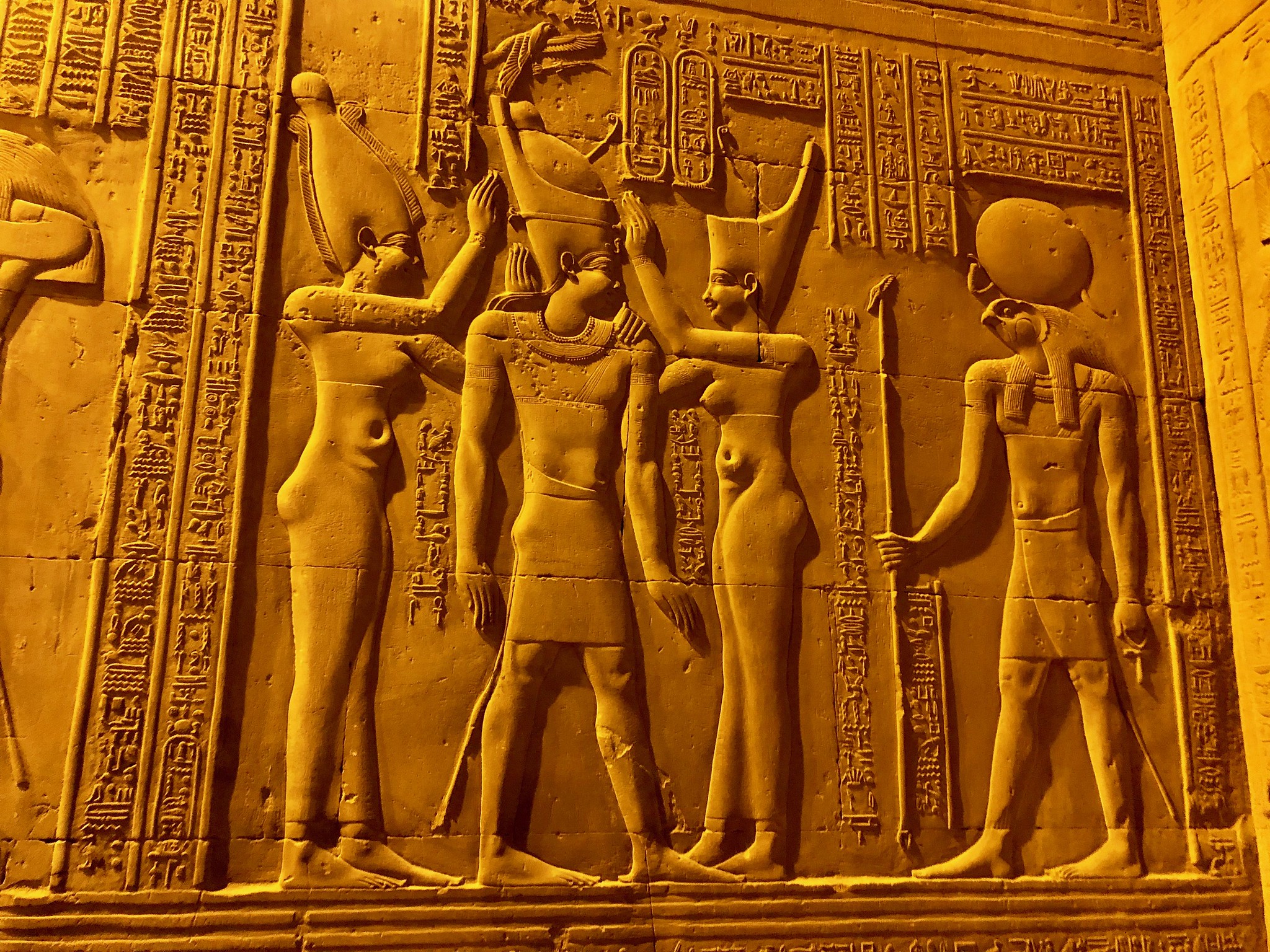
Most Egyptian temples were dedicated to a single deity, but Kom Ombo breaks the mold. Built during the Ptolemaic period (180–47 BC), it was designed symmetrically, with two identical entrances, halls, and sanctuaries—one for Sobek and the other for Horus.
Why Sobek and Horus?
- Sobek was associated with the Nile, fertility, and protection, but he was also feared because of his connection to the crocodiles that once lurked in the river.
- Horus the Elder symbolized kingship, protection, and the sky, making him one of the most revered gods in Egyptian mythology.
The Sacred Crocodiles of Kom Ombo
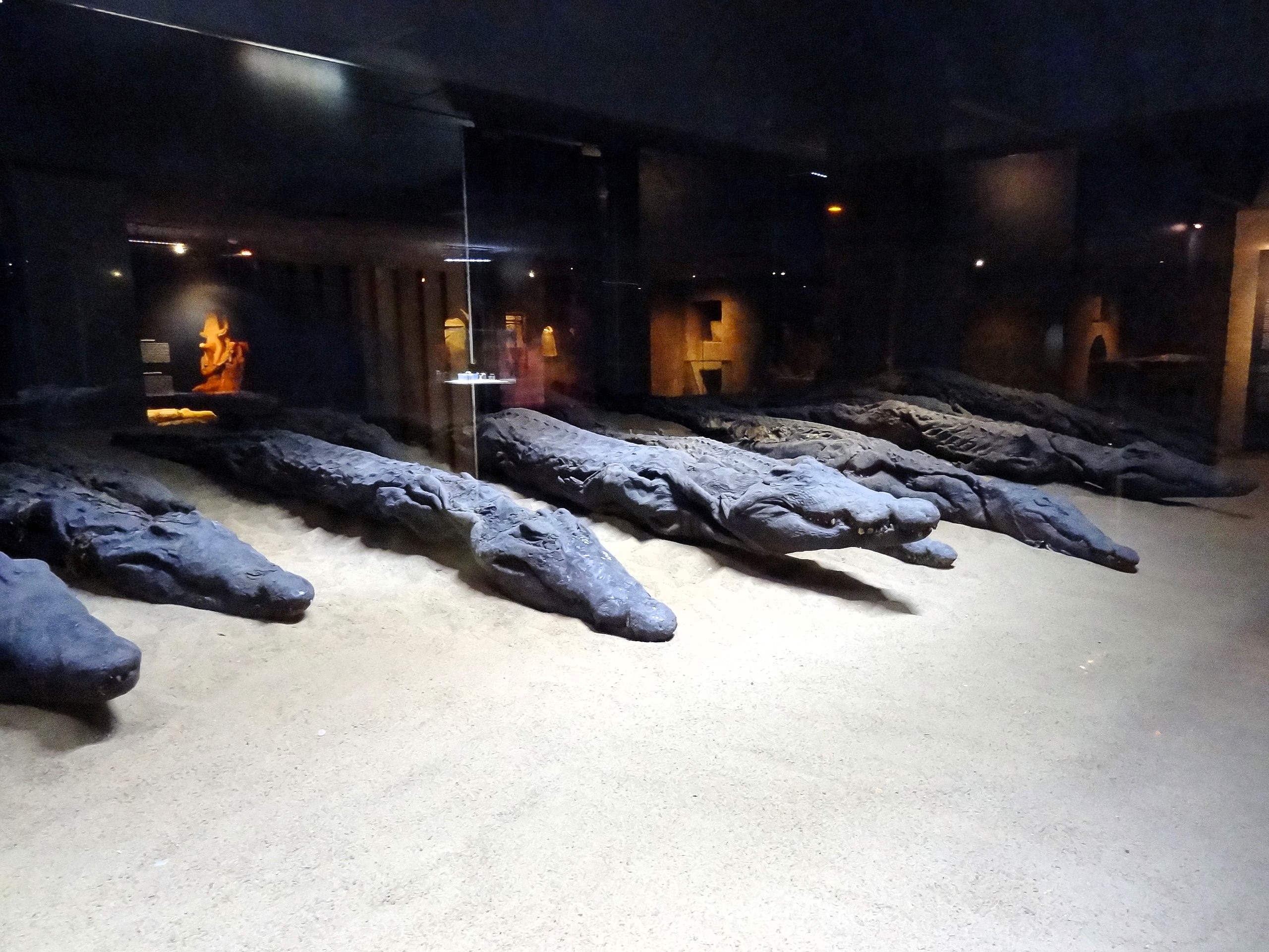
Ancient Egyptians believed that worshipping Sobek would protect them from crocodile attacks. As a result, Kom Ombo became a center of crocodile worship, and many of these sacred creatures were mummified and buried near the temple. Today, you can see them up close at the Crocodile Museum, where dozens of mummified crocodiles, statues, and ancient artifacts are on display!
Hieroglyphs of Ancient Medicine & Astronomy
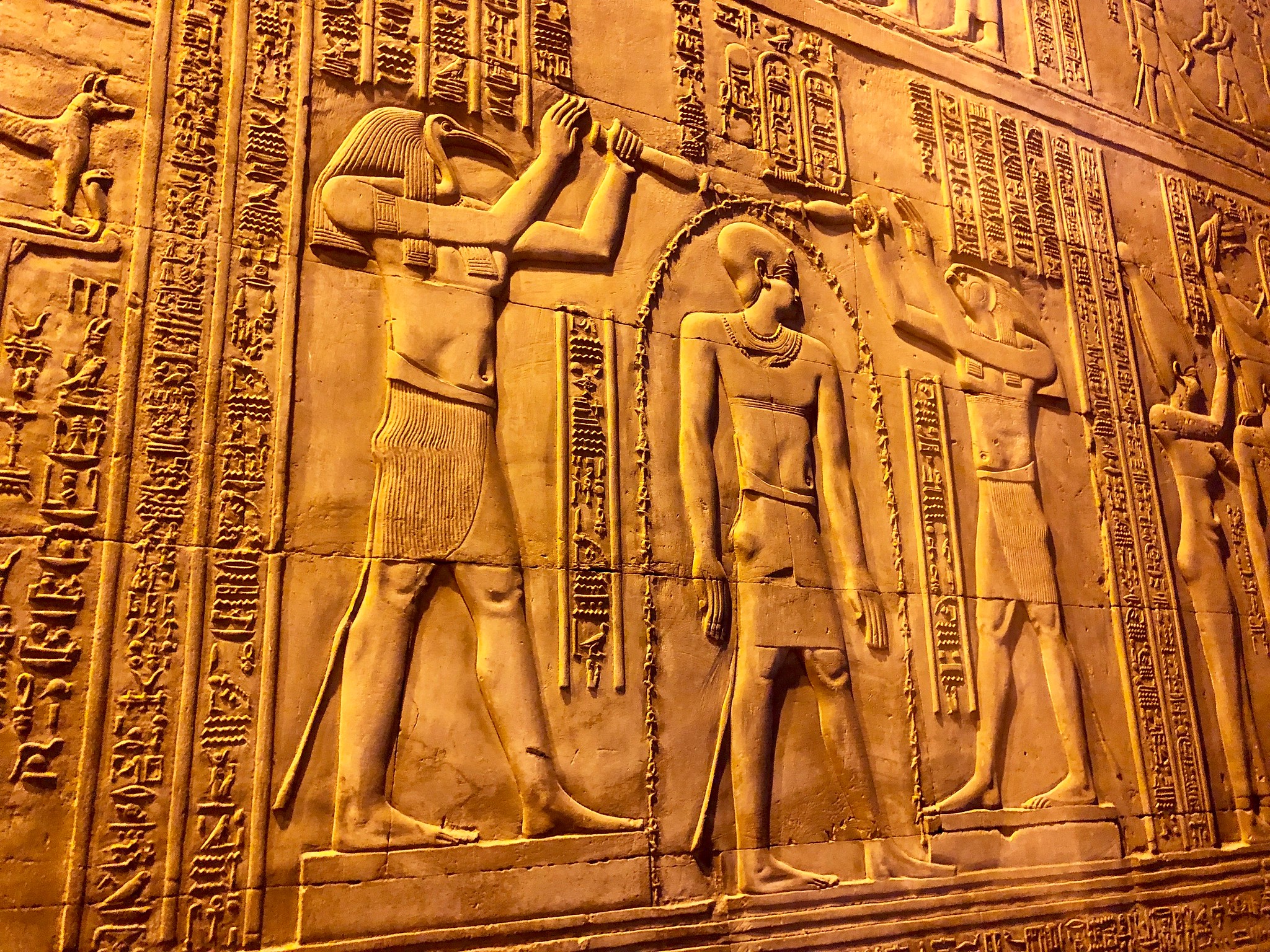
One of the most fascinating features of Kom Ombo is its detailed carvings of ancient medical tools. These hieroglyphs depict:
- Surgical instruments like scalpels and forceps.
- Birthing chairs used in ancient childbirth.
- Medical treatments for various ailments.
In addition to medicine, the temple’s walls reveal insights into Egyptian astronomy, showcasing an ancient calendar with festivals and celestial events.
Must-See Highlights at the Temple of Kom Ombo
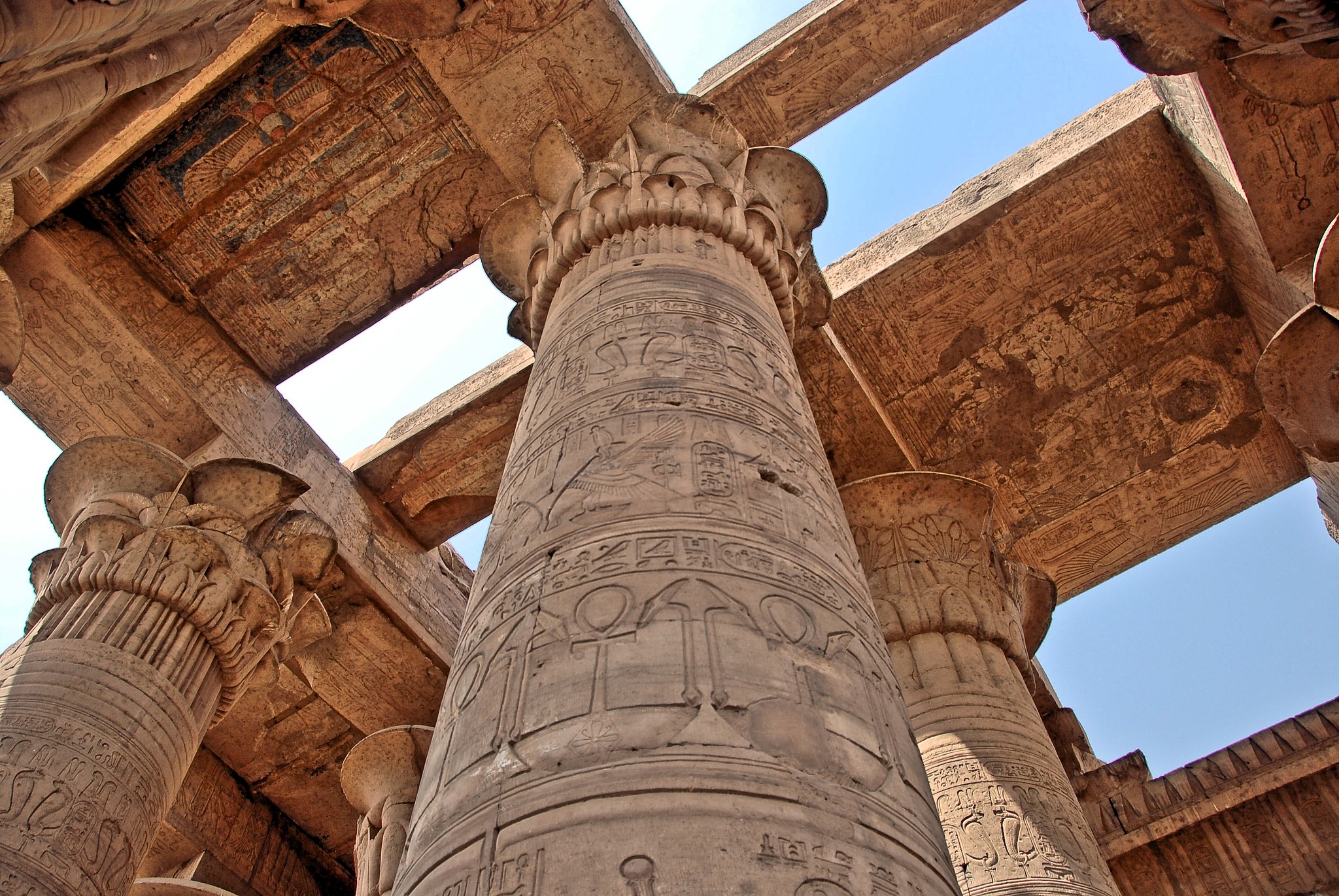
1. The Twin Sanctuaries
Walk through the double entrances leading to separate sanctuaries, each honoring Sobek and Horus with intricate carvings of pharaohs making offerings to the gods.
2. The Medical & Astronomical Reliefs
Marvel at some of the oldest depictions of surgical tools, proving how advanced ancient Egyptian medicine was. Don’t miss the hieroglyphic calendar, showing the importance of astronomy in religious rituals.
3. The Crocodile Museum
Step inside this unique museum to see mummified crocodiles, statues, and artifacts related to Sobek’s cult. It’s a fascinating glimpse into Egypt’s unusual animal worship practices!
4. The Nile View at Sunset
Since Kom Ombo sits right on the edge of the Nile, it offers breathtaking sunset views. As the sun dips below the horizon, the temple’s sandstone columns glow in golden hues, creating a magical atmosphere.
5. The Nilometer
The temple complex includes a Nilometer, an ancient device used to measure the Nile’s water levels. This was crucial for predicting the annual flood, which determined the success of the harvest.
6. The Chapel of Hathor
Dedicated to the goddess Hathor, this small chapel within the temple complex features columns with Hathor-headed capitals and reliefs of the goddess. It’s a serene and beautifully preserved part of the site.
How to Visit the Temple of Kom Ombo
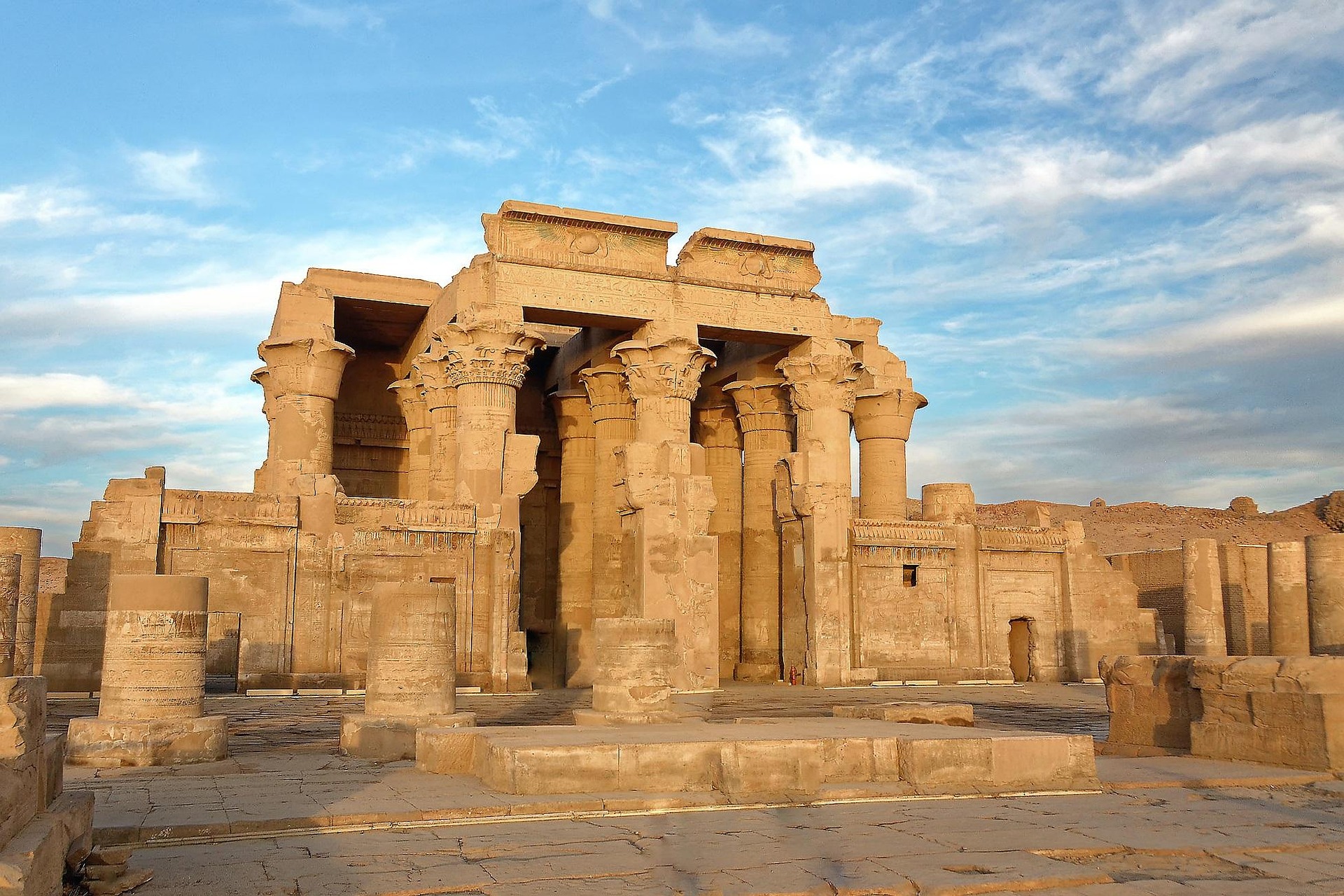
🕒 Opening Hours:
Open daily from 6:00 AM – 5:00 PM.
💰 Ticket Prices:
- General Entry: ~300 EGP (~10 USD)
- Discounts available for students and children.
How to Get There
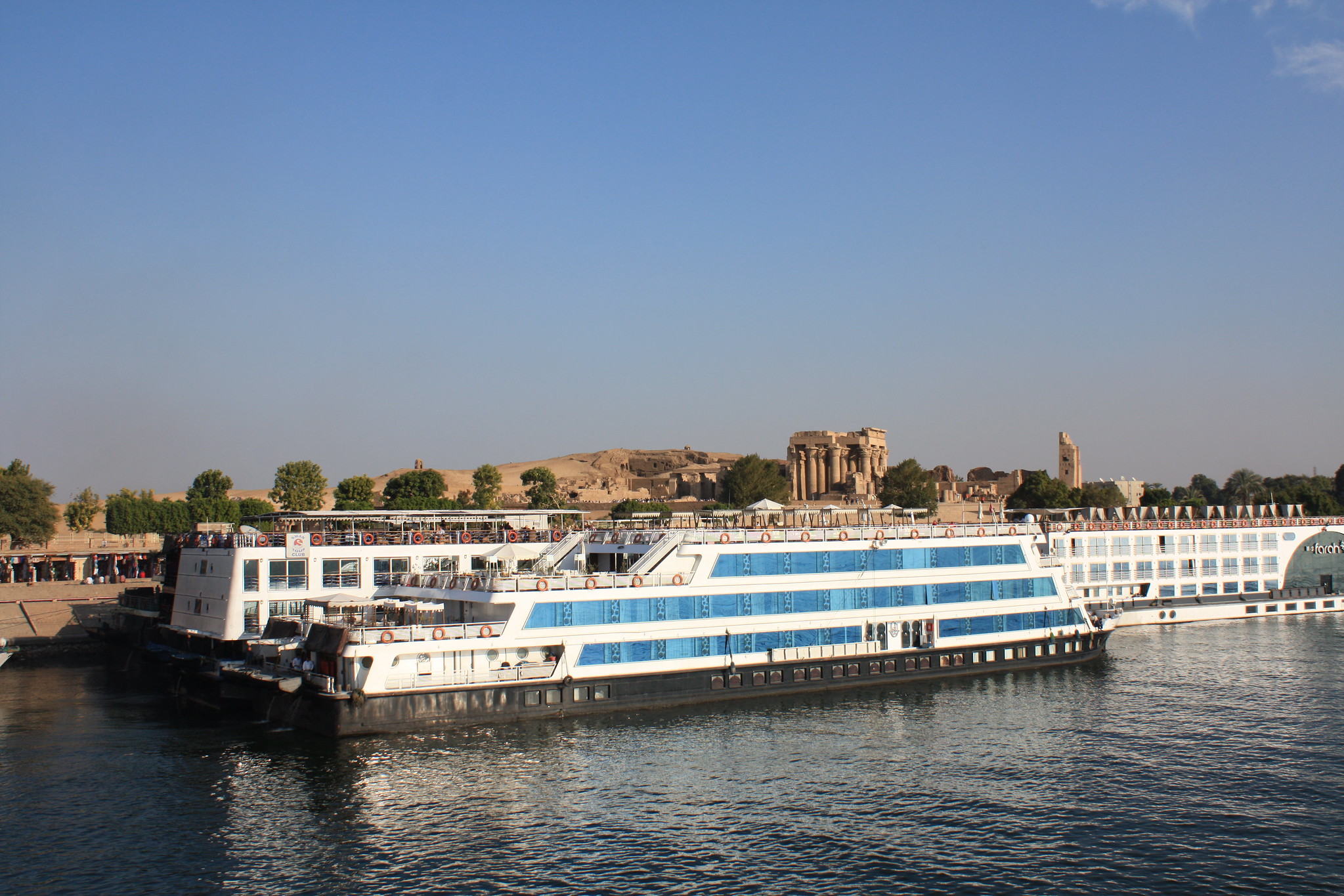
The Temple of Kom Ombo is located about 48 kilometers (30 miles) north of Aswan and is easily accessible by:
- Nile Cruise: Most Nile cruises between Luxor and Aswan include a stop at Kom Ombo.
- Car or Taxi: You can hire a car or taxi from Aswan for a day trip.
- Public Transport: Buses and trains run between Aswan and Kom Ombo, but a private vehicle is more convenient.
Tips for Your Visit
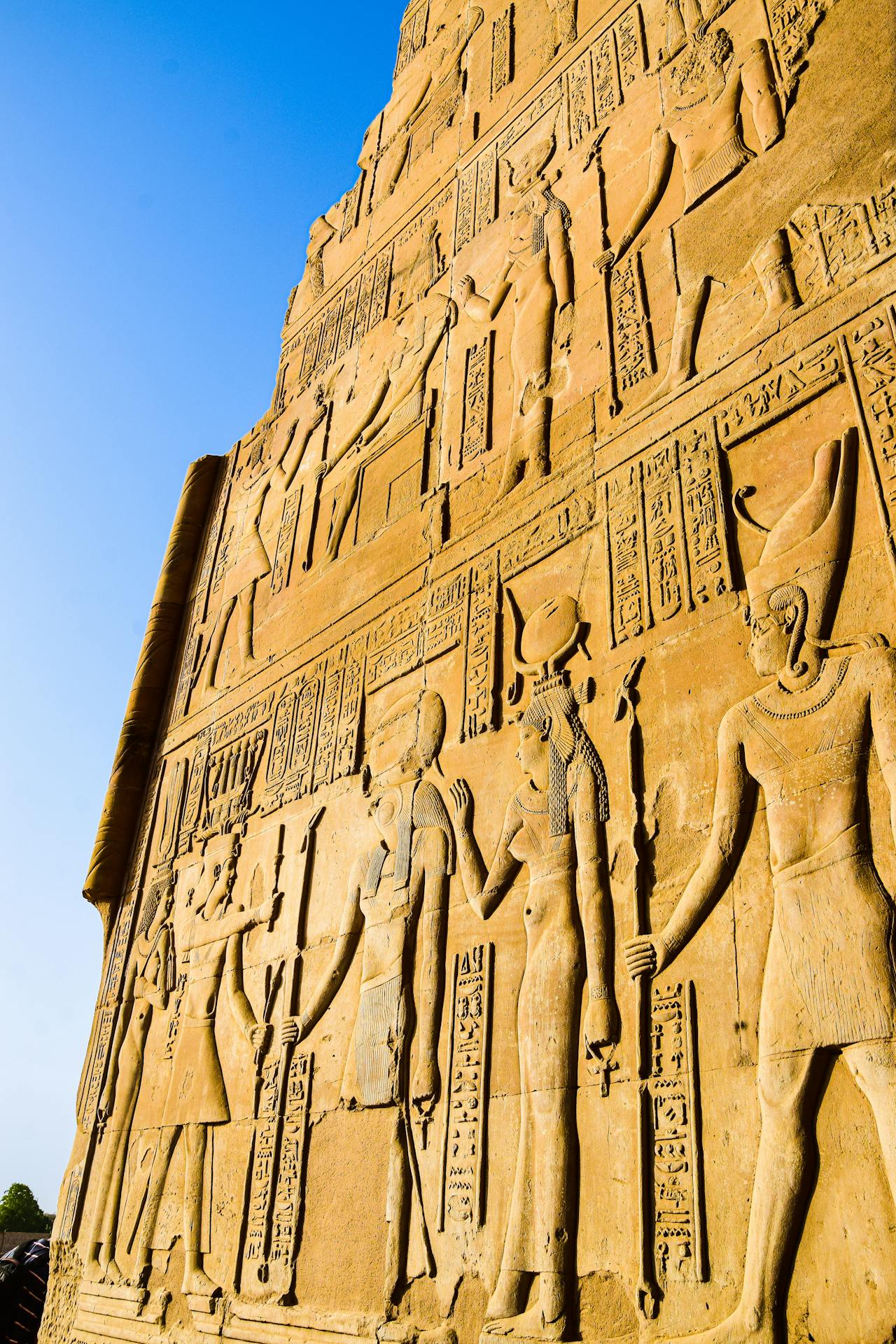
- Timing: Visit early in the morning or late in the afternoon to avoid the heat and crowds. Sunset is particularly magical, as the temple glows in the warm light.
- Guided Tours: Consider hiring a guide to learn more about the temple’s history, symbolism, and significance.
- Combine with Other Sites: Kom Ombo is often included in Nile cruise itineraries and can be combined with visits to nearby attractions like the Temple of Edfu and Aswan.
- Stay Hydrated: The Egyptian sun can be intense, so bring water and wear sunscreen.
- Respect the Site: As with all archaeological sites, avoid touching the reliefs and follow local guidelines to help preserve this ancient treasure.
Why Visit the Temple of Kom Ombo?
- Experience Unique Architecture: Witness the temple’s symmetrical design, a testament to its dual dedication.
- Explore Ancient Egyptian Beliefs: Learn about the contrasting deities, Sobek and Horus, and their significance in Egyptian mythology.
- Discover Medical History: Explore the temple’s medical reliefs and instruments, providing insights into ancient Egyptian medicine.
- Enjoy Nile Scenery: Capture stunning photos of the Nile River from the temple’s picturesque location.
- Witness Historical Artifacts: See the mummified crocodiles and other artifacts housed in the temple museum.
- Capture Stunning Photos: The light at sunrise and sunset illuminates the temple in beautiful colors, making it a photographers dream.
Visiting Experience
Visiting the Temple of Kom Ombo was a truly unforgettable experience. The unique dual dedication and the fascinating medical reliefs made it stand out from other Egyptian temples. The views of the Nile were also breathtaking. It’s a must-see for anyone exploring the wonders of ancient Egypt.
If you’re exploring Egypt’s ancient wonders, make sure Kom Ombo is on your itinerary. Have you visited this incredible temple? Share your experience in the comments!
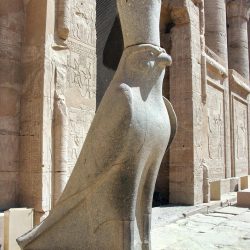

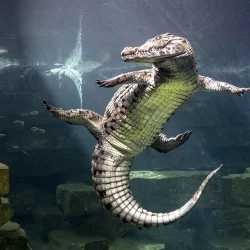

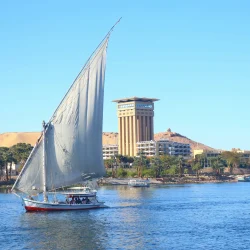
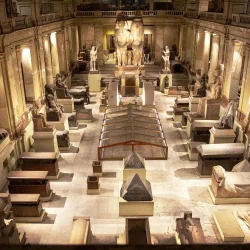

0 Comment